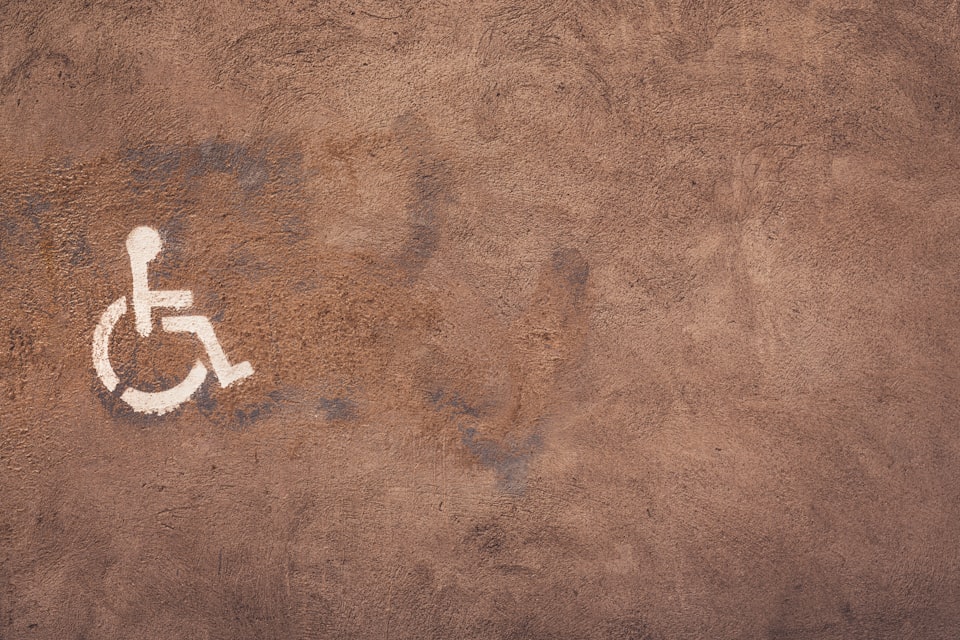It can be seen that sustainability has never been so demanded as it is today. Actions in this sense are demanded for a fairer society that strives for the preservation of the environment and that considers and defends greater social justice.
In this context, there is a congruence between sustainable and responsible tourism, as both are based on three pillars:
- environmental (concern with management in the use and impact on natural resources, environmental education and information, in the construction of strong partnerships);
- social (cultural and heritage preservation, community involvement, improvement of services and infrastructure, improvement of quality of life); and
- economic (increase in the employability of the sector, profitability of the business, among others).
Specifically, responsible tourism, through the Cape Town Declaration, dated 2002, is explicitly concerned with accessibility, at the moment when its characteristics are defined by mentioning that destinations "must provide access to people with disabilities". Obviously, if the three pillars mentioned above are analyzed, there is a greater framing in the social pillar, as it seeks to improve services and local infrastructure, community involvement and improve quality of life. All these aspects must or should presuppose the inclusion of people with disabilities.
Likewise, there is a greater relationship with the economic pillar, since the increase in the employability of the sector can also, should or should include the employment of people with disabilities, increasing the involvement of these people in the sector. In this way, people with disabilities would actually feel included, understanding that tourism could also be beneficial for them, either in the enjoyment of services or through employability, both causing the social inclusion of these people, who would feel active through activities related to the area.
In this same perspective, the document "Transforming Our World: 2030 Agenda for Sustainable Development" (UN, 2016), signed by Brazil in 2018, confirms the importance of accessibility, especially in the Sustainable Development Goals (SDGs) 10 and 11.
In goal 10:
To empower and promote the social, economic and political inclusion of all, regardless of age, gender, disability, race, ethnicity, origin, religion, economic condition.
And in 11:
provide universal access to safe, inclusive, accessible and green public spaces, particularly for women and children, older people and people with disabilities.
Such a reality denotes a congruence with the main objective of responsible tourism, which is "to create, first, better places for people to live and for people to visit". From this objective, the question arises: how can a place be considered a destination with responsible tourism if it does not meet the minimum requirements for the inclusion of people with disabilities, whether they are tourists or local residents? Could this place be considered, in fact, a destination that practices or offers responsible tourism? It is verified that when addressing the issue of responsible or sustainable tourism, in both there is a greater weight in the environmental pillar, leaving the social in the background, especially in terms of the inclusion of people with disabilities when, in fact, this should be a prerequisite
Likewise, in tourism in general, when there is a concern with the inclusion of these people in the sector, the emphasis first falls on tourists with disabilities and little is said about employability in the trade tourist. Even though the legislation acts in favor of greater employability, in fact, there is still a long way to go for people with disabilities to have their rights guaranteed with regard to their social space.
Taking into account all the facts discussed above, it is questioned whether the word "sustainable" or "responsible" should be used for a destination that is not concerned with the inclusion of people with disabilities, whether they are tourists or residents. Thus, it is considered that there should be no responsible or sustainable tourism without accessibility, as it is believed that this tourism is not, in fact, responsible or sustainable.
Based on this understanding, and once the need for correlation between the themes of accessibility and sustainability has been identified, it is necessary to reflect on the transversality of accessibility within the scope of tourist destinations, which is often presented as an isolated requirement in the tourism planning process, disjointed in tourism programs and projects in Brazil.
It is also worth mentioning that accessibility influences the choice of destination, impacting the attraction of flows and competitiveness. That is why countries around the world have invested heavily in this requirement. Greece, for example, has invested 15 million euros to ensure accessibility for people with disabilities, reduced mobility and the elderly on its beaches through the Operational Programme for Competitiveness, Entrepreneurship and Innovation.
In the national context, it is possible to see, albeit timidly, advances in this discussion. In the field of research, the National Association for Research and Graduate Studies in Tourism (ANPTUR), after 20 years of its existence, created the WG - Accessibility and Inclusion in Tourism, which for the first time will debate in depth topics like this at the XX ANPTUR Seminar, in Rio de Janeiro, next September. Even knowing that we have a long way to go, for us researchers in the area, it was a great achievement. Thus, we hope to contribute with a reflection that promotes equal opportunities for all people.
How about you also reflect on this?



